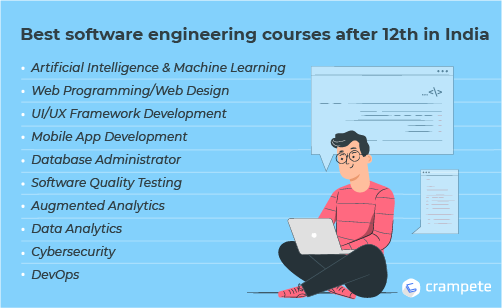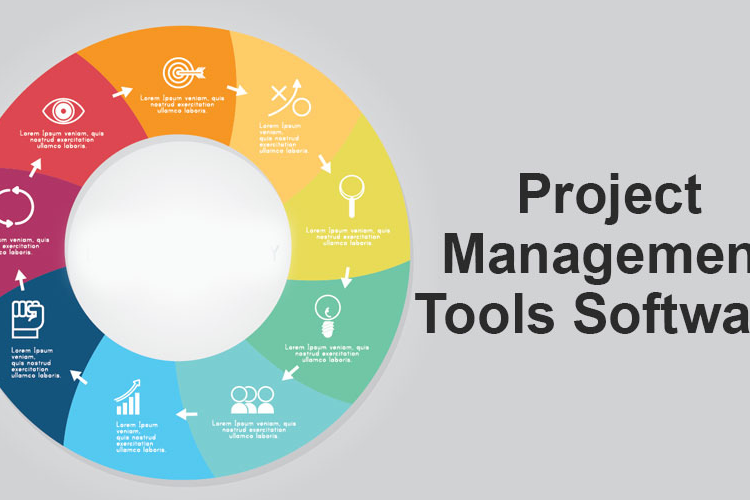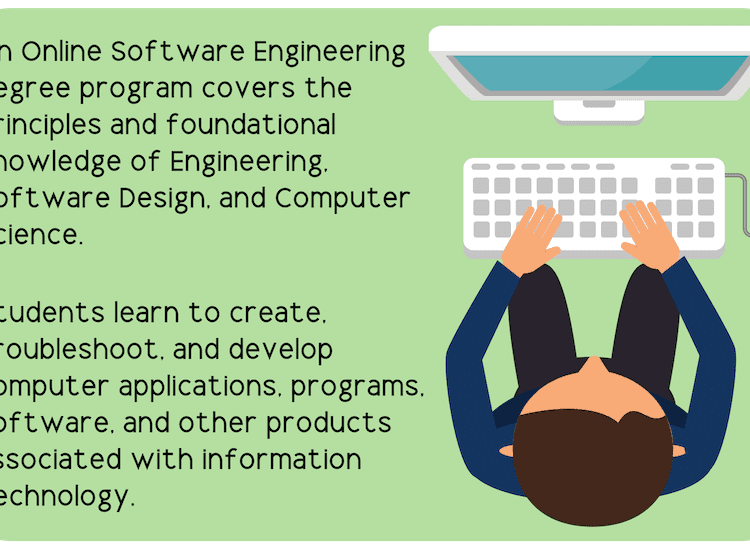The demand for qualified early childhood educators is booming, but traditional education pathways can be challenging for working professionals. Early childhood education programs online offer a flexible and accessible alternative, allowing individuals to pursue advanced degrees while juggling work and family responsibilities. These programs are increasingly recognized as a viable path to career advancement in the early childhood education field.
Toc
- 1. Flexibility and Convenience: The Key Benefits of Early Childhood Education Programs Online
- 2. Affordability: Maximizing Your Investment in Education
- 3. Unlocking Career Advancement Opportunities
- 4. Related articles 01:
- 5. Choosing the Right Online Program
- 6. Embracing the Evolving Landscape of Early Childhood Education
- 7. Related articles 02:
- 8. Frequently Asked Questions
- 9. Conclusion
Flexibility and Convenience: The Key Benefits of Early Childhood Education Programs Online

Online early childhood education programs provide unparalleled flexibility, enabling you to learn at your own pace and on your own schedule. This is particularly beneficial for working professionals, parents, or anyone with other commitments who may struggle to fit a traditional classroom schedule into their lives. For instance, a 2021 study by the National Center for Education Statistics found that 75% of online early childhood education students were working professionals, highlighting the appeal of flexible learning for those balancing careers and education. This flexibility allows educators to pursue advanced degrees without disrupting their employment or requiring them to relocate.
Moreover, online learning environments often incorporate various multimedia resources, including videos, interactive modules, and discussion forums, enhancing your educational experience. This variety can make learning more engaging and cater to different learning styles, which is particularly important in early childhood education. However, online learning can also present challenges. Individuals must be self-motivated and possess strong time management skills to succeed in an online environment. Additionally, access to reliable internet and technology is essential for participation. While many online programs offer technical support and resources, it’s important to consider these factors when evaluating online programs.
Affordability: Maximizing Your Investment in Education

When considering the cost of education, online early childhood education courses often come with more competitive tuition rates compared to traditional on-campus programs. Many institutions recognize the need for affordability, especially for those already working in the field. Additionally, the potential to transfer prior credits or earn credit for your work experience can further reduce the overall cost of your degree.
Research by the U.S. Department of Education has shown that online programs can be significantly less expensive than traditional programs, with tuition rates often 20-30% lower. This is largely due to the reduced overhead costs associated with online learning, such as building maintenance and faculty salaries. These savings can make a significant difference for working professionals who are already facing financial pressures.
Financial aid options, scholarships, and grants are also available to help ease the financial burden. Many online programs have dedicated financial aid offices that can assist you in navigating the application process, identifying available scholarships, and understanding loan options. It’s important to note that while online programs can be more affordable, some programs may have higher fees for materials or software, which can offset the initial cost savings. It’s crucial to carefully review the program’s financial details and compare costs across different institutions before making a decision. By taking advantage of these resources, you can make your educational journey more accessible and ensure that cost does not become a barrier to achieving your career aspirations.
Unlocking Career Advancement Opportunities

By earning an online degree in early childhood education, you’ll be positioned for a range of rewarding and higher-paying careers. The career landscape in early childhood education is diverse and growing, with various opportunities available depending on your educational level.
With an associate degree, you can qualify for entry-level positions such as preschool teacher assistant or childcare provider. These roles are foundational and allow you to gain experience in the field while you continue your education.
Pursuing a bachelor’s degree opens the door to more advanced roles, such as lead teacher, childcare center director, or curriculum coordinator. In these positions, you’ll have the opportunity to shape educational programs, supervise staff, and take on greater responsibilities, all of which can lead to higher salaries. Online programs often incorporate practical components, such as simulations, case studies, and virtual field experiences, that provide hands-on learning opportunities and prepare graduates for real-world challenges. These programs also emphasize critical thinking, problem-solving, and communication skills, which are highly valued by employers in the early childhood education field.
1. https://khogachre.com/mmoga-psychology-master-degree-programs-your-guide-to-choosing-the-right-path
4. https://khogachre.com/mmoga-unlock-your-career-potential-with-online-education-programs
5. https://khogachre.com/mmoga-unlock-your-career-potential-with-online-aa-degree-programs
For those aiming for specialized roles or leadership positions, a master’s degree in early childhood education can be a game-changer. This advanced degree prepares you for roles such as early childhood education administrator, curriculum specialist, or policy analyst, where you can influence educational practices and policies on a larger scale.
Choosing the Right Online Program
When selecting an online early childhood education program, it’s crucial to consider several factors to ensure you find the best fit for your career goals and personal circumstances.
Key Considerations for Selecting an Online Program
Accreditation
Accreditation is a key indicator of quality, ensuring that the program meets rigorous standards and is recognized by governing bodies. Look for programs accredited by organizations like the National Council for Accreditation of Teacher Education (NCATE) or the Council for the Accreditation of Educator Preparation (CAEP). Accreditation not only validates the quality of the education you will receive but also enhances the value of your degree in the job market.
Curriculum
The curriculum should align with your career goals, providing courses in essential areas such as child development, teaching methods, classroom management, and special needs education. A well-rounded curriculum will equip you with the necessary knowledge and skills to excel in the field. Investigate the course offerings, faculty credentials, and any practical components, such as internships or field experiences, which can provide invaluable hands-on learning opportunities.
Faculty and Student Support
Experienced and knowledgeable faculty members are essential for delivering high-quality online instruction. Seek programs that prioritize faculty expertise and engagement with students. Faculty who have real-world experience in early childhood education can offer practical insights and mentorship that enrich your learning experience.
Additionally, consider the availability of student support services, such as academic advising, tutoring, and career counseling. These resources can make a significant difference in your success, helping you navigate challenges and achieve your goals. Programs that offer robust support systems can help you stay motivated and on track throughout your educational journey.
Embracing the Evolving Landscape of Early Childhood Education

As the field of early childhood education continues to evolve, professionals must be adaptable and committed to lifelong learning. Emerging trends, such as the integration of technology and the growing emphasis on social-emotional learning, highlight the importance of continuously upskilling and expanding your knowledge.
The Role of Technology in Education
Technology is transforming the way children learn, with interactive educational apps, virtual field trips, and online assessments becoming increasingly prevalent. A recent report by the National Education Association highlights the increasing importance of technology integration in early childhood education. With the rise of interactive learning platforms, digital games, and virtual field trips, educators need to be comfortable using technology to create engaging and effective learning experiences for young children. Online early childhood education programs often incorporate training on the use of technology in the classroom. This training can include how to utilize educational software, manage online learning platforms, and integrate multimedia resources into lesson plans. By gaining proficiency in these areas, you’ll be better prepared to meet the demands of a modern educational environment.
Furthermore, the focus on social-emotional learning (SEL) in early childhood education has gained significant momentum. Developing skills like emotional intelligence, empathy, and social competence is crucial for supporting children’s overall well-being and setting them up for long-term success. Exploring SEL strategies and incorporating them into your teaching practices can make you a more well-rounded and sought-after early childhood education professional. Many online programs now include coursework specifically dedicated to SEL, teaching you how to create supportive classroom environments that foster positive relationships among students. Understanding the importance of SEL will not only enhance your effectiveness as an educator but also contribute to the holistic development of the children you teach.
1. https://khogachre.com/mmoga-unlock-your-career-potential-with-online-education-programs
3. https://khogachre.com/mmoga-unlock-your-career-potential-with-online-aa-degree-programs
4. https://khogachre.com/mmoga-psychology-master-degree-programs-your-guide-to-choosing-the-right-path
Diversity and Inclusion in Early Childhood Education
The growing diversity of the student population has led to an increased demand for early childhood educators with specialized skills in areas like special education or bilingual education. Online programs offer a flexible and accessible way for professionals to acquire these specialized credentials, enabling them to meet the needs of a diverse student population. As the field of early childhood education continues to evolve, there is a growing emphasis on creating inclusive learning environments that celebrate diversity and respect individual differences. Professionals in this field need to be equipped with the knowledge and strategies to foster a sense of belonging for children from all backgrounds.
Online early childhood education programs often incorporate coursework and training on diversity and inclusion, equipping you with the skills to recognize and address biases, promote cultural awareness, and create learning experiences that are responsive to the unique needs and experiences of each child. By embracing diversity and cultivating inclusive practices, you can ensure that all children in your care have the opportunity to thrive.
Frequently Asked Questions

Q: What are the typical costs associated with online early childhood education programs?
A: Tuition costs for online early childhood education programs can vary, but they are often more affordable than traditional on-campus options. Many programs offer competitive per-credit-hour rates, and you may be able to transfer prior credits or earn credit for your work experience, which can further reduce the overall cost of your degree. Be sure to explore scholarship opportunities and financial aid options to make your educational journey more accessible.
Q: How do I know if an online program is reputable?
A: When evaluating online early childhood education programs, look for those that are accredited by recognized organizations, such as the National Council for Accreditation of Teacher Education (NCATE) or the Council for the Accreditation of Educator Preparation (CAEP). These accreditations ensure that the program meets rigorous standards for quality and is recognized by governing bodies. Additionally, research the program’s faculty, curriculum, and student support services to ensure they align with your educational and career goals.
Q: What are the job prospects for early childhood education graduates?
A: The demand for qualified early childhood educators is growing, with the Bureau of Labor Statistics projecting a 15% increase in employment for preschool teachers by 2031. With an online degree in early childhood education, you’ll be positioned for a range of rewarding careers, including preschool teacher, childcare center director, curriculum coordinator, and early intervention specialist. The career opportunities and earning potential in this field continue to expand as the importance of high-quality early education is increasingly recognized.
Conclusion
Early childhood education programs online offer a flexible and accessible path to career advancement, empowering working professionals to develop the expertise and credentials needed to take on leadership roles, increase their earning potential, and make a lasting impact on the lives of young children. As the field continues to evolve, with a growing emphasis on technology integration and social-emotional learning, investing in your professional development through an online program can unlock a future of growth, innovation, and fulfillment.
By taking the first step towards enrolling in an online early childhood education program, you are not just advancing your career; you are also contributing to the vital mission of shaping the minds and hearts of future generations. Explore your options today and discover how you can make a difference in the lives of young learners.











